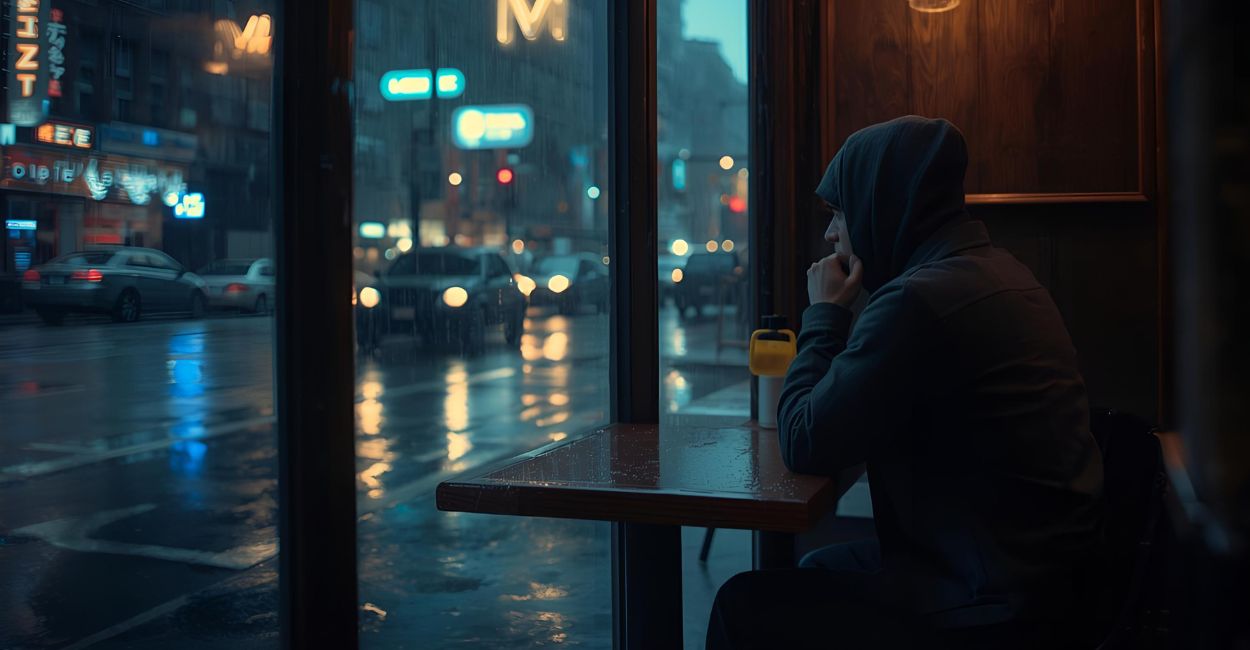Search result for Daily
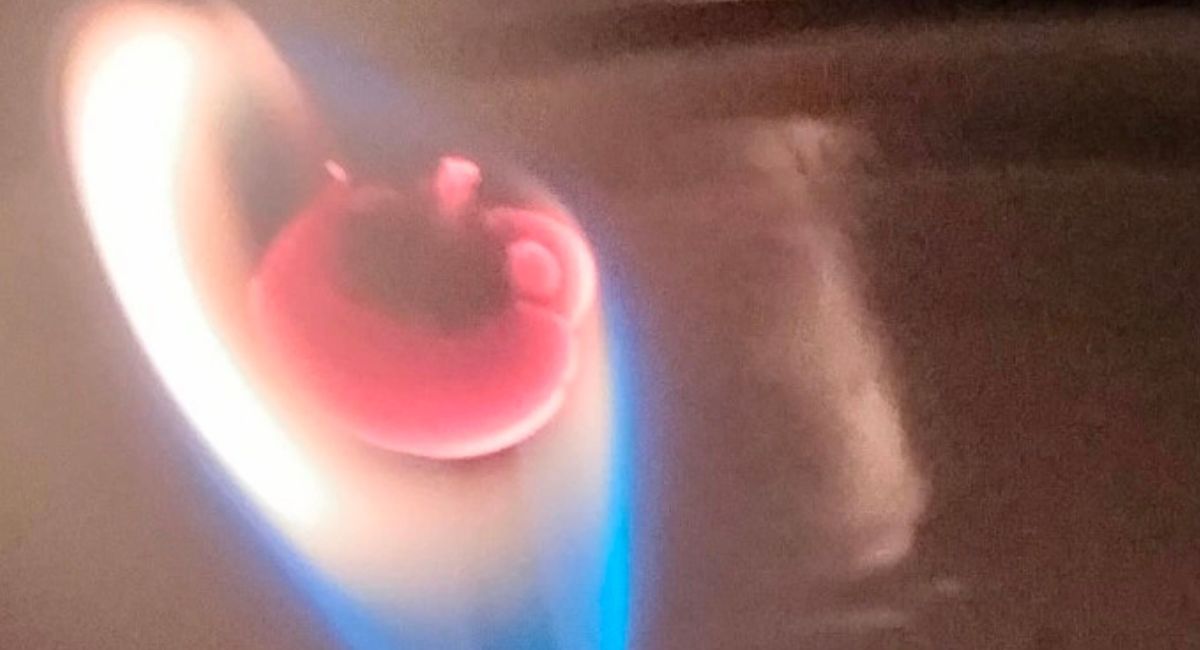
Poetry
Poem on Light and Universe: A Reflection on Tenderness, Memory, and Hope
Light and Universe: Discover the deeper meaning of Christmas through a poetic reflection on tenderness, memory, emotional connection, and the inner light that transforms ordinary moments into extraordinary ones. A heartfelt celebration of love, nostalgia, and hope.

Poetry
Greyscale and Promise Poem – A Haunting Tale of Desire, Fear, and Inner Monochrome Worlds
Poem Greyscale and promise travel you to fantasies, desire and raw vulnerability.
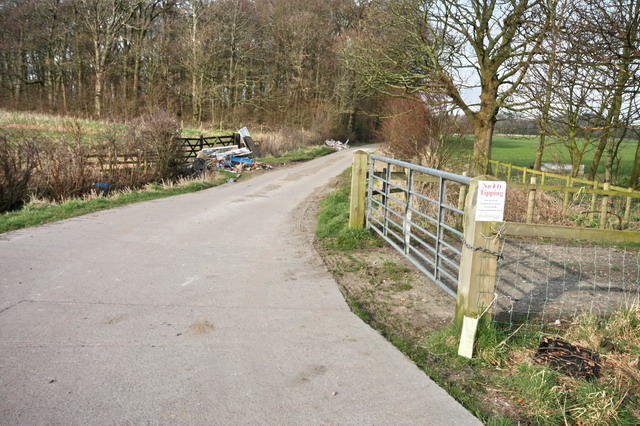
Letter/Essay
Perspectives on Eco-literacy Development for Younger Generations
Abstract: It is essential that today’s younger generation comprehend the ...

Culture/Identity
From Netherlands Seasons to Aztec Philosophy and Eternal Human Beliefs.
The Netherlands' four seasons—spring, summer, autumn, and winter—highlight nature’s eternal cycles of change and renewal. Cultures like the Aztecs viewed life as continuous movement, symbolized by volcanoes and cycles of growth. Humanity’s beliefs about life, death, and faith evolve over time, reflecting nature's timeless rhythm of coming and going.

Poetry
Overcoming the Colonial Mindset: Pathways to Cultural Decolonization and True Freedom
Learn how societies can overcome the colonial mindset through cultural, psychological, and political decolonization. Explore steps to reclaim indigenous identity, reform education, empower local governance, and build a self-reliant, inclusive, and culturally sovereign future in the age of globalization.
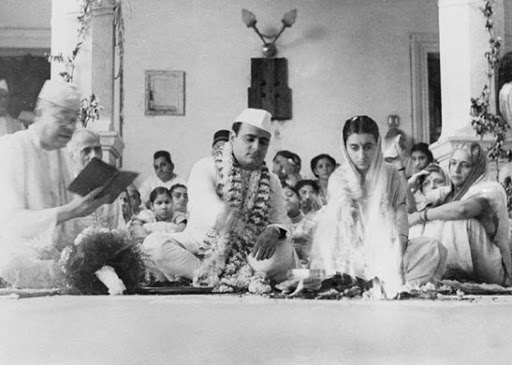
Opinion
The Big Fat Indian Wedding!
Weddings are the most beautiful moments that symbolize the beginning ...
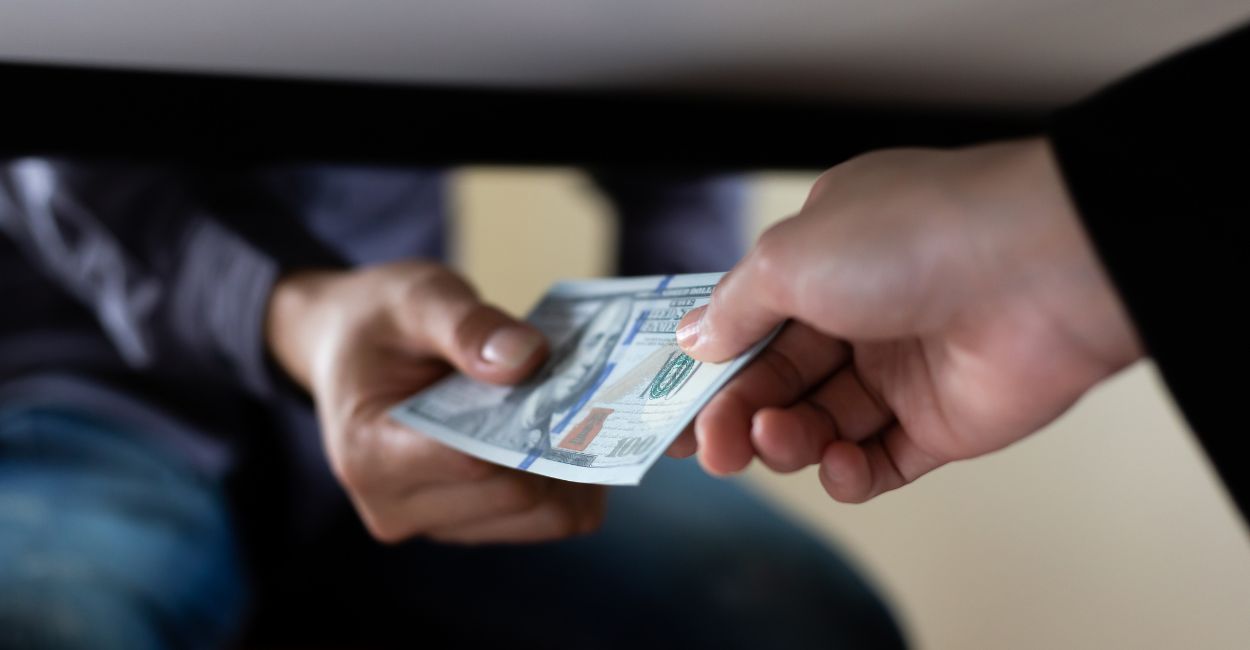
Letter/Essay
Corruption and Its Control Course – An Outline
Graduate-level course outline on Corruption and Its Control, exploring causes, consequences, anti-corruption strategies, legal frameworks, case studies, and future challenges.


